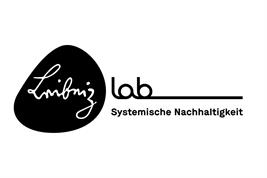28.03.2024

The Leibniz Lab "Systemic Sustainability" addresses the challenges posed by the rapid loss of biodiversity and advancing climate change on the one hand, and intensive agriculture and food security on the other. It brings together relevant knowledge from science and society to promote the development and implementation of systemic solutions.
The Leibniz Center for Agricultural Landscape Research (ZALF) contributes its expertise in agricultural science to the new format of "Leibniz Labs" with which the Leibniz Association promotes its interdisciplinary and transdisciplinary excellence. With a total of 41 research institutions and 11 research clusters in the Leibniz Association, the Leibniz Lab "Systemic Sustainability" forms a central knowledge and consulting hub for issues relating to biodiversity, climate, agriculture and nutrition. It focuses on the complex question: How can we effectively protect biodiversity and the climate and at the same time achieve a resilient agriculture for a secure food supply?
The global intensification of agriculture is accelerating biodiversity loss and climate change. This in turn increases the risks to agriculture and food security and the need for adaptation. The achievement of fundamental goals for sustainable development is therefore at risk, and several planetary boundaries are already considered to have been crossed. A more systemic and action-oriented approach in science and an in-depth dialogue with stakeholders from politics, business and civil society are urgently needed to achieve transformative solutions.
The Leibniz Lab "Systemic Sustainability" specifically addresses this need by systematically integrating scientific findings in the field of "biodiversity, climate, agriculture and food" and identifying effective innovations. In pilot regions in different parts of the world, the Lab addresses regional needs. It links these to global developments in order to understand the complex interrelationships from a holistic perspective and identify appropriate solutions. The Lab acts as a link between the relevant scientific communities and promotes the exchange between science and society.
Further information:
